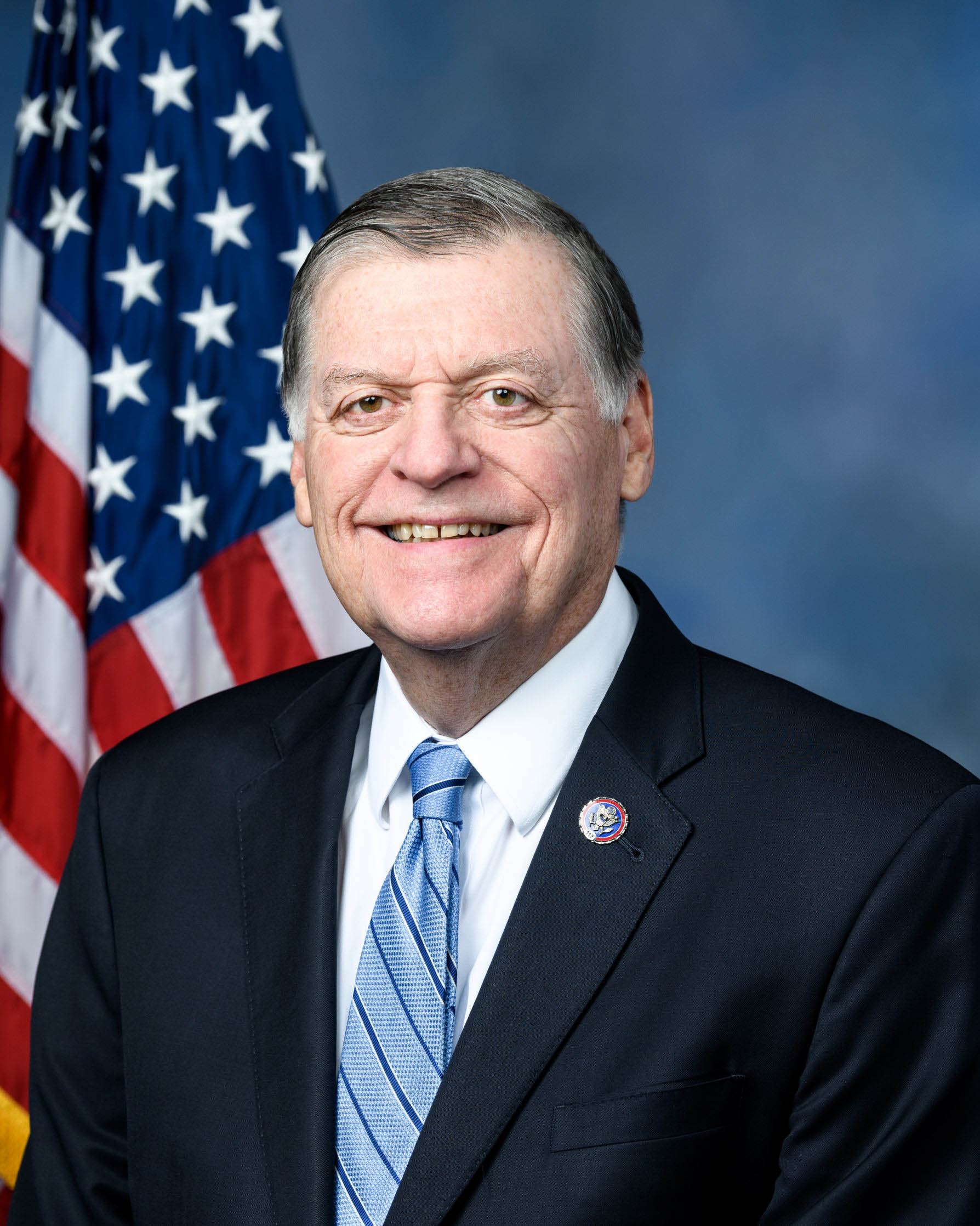Guest Opinion. In August of 1990, President George H.W. Bush declared November as National Native American Heritage Month. Today, 34 years later, November remains a time to celebrate our nation’s first Americans, as well as their traditions, languages, and stories.

While November has been declared as a time that we should all celebrate the history of our tribal nations, as an enrolled member of the Chickasaw Nation of Oklahoma, my tribal heritage is something I reflect on nearly every day.
Growing up, I was fortunate to witness the rich culture of my tribe firsthand. My great, great grandfather served as the clerk for the Chickasaw Nation Supreme Court, my great grandfather was the Treasurer of Chickasaw Nation, my great aunt, Te Ata Fisher, was a famous actress and storyteller who performed Native American stories all over the world, and my wonderful late mother and inspiration, Helen Cole, was the first Native American woman elected to the Oklahoma State Senate.
My family always immersed themselves in their culture and worked hard to preserve our special heritage. They taught me that Native Americans were the first Americans, who were, and continue to be, resilient and steadfast in their commitment to their traditions and way of life – as my tribe says: “Unconquered and Unconquerable.” Through treaty agreements, this country is obligated to uphold its federal trust responsibility, as its commitment to our tribal nations will never cease.
Now, as the longest serving Native American in the House of Representatives and the first Native American to Chair the House Appropriations Committee, I have made it a priority of mine my entire career to ensure I am honoring my family by advocating for these issues in Congress. I do not take for granted the truly unique honor it is to represent not only my heritage, but also be a voice for tribes across the nation.
This is why, during just the current 118th Congress, I have fought hard to obtain historic gains for traditionally underfunded Native American housing and transportation programs, secured advanced appropriations funding for the Indian Health Service to ensure tribes are never at risk for losing healthcare access in the case of a government shutdown, spoke out against recent food distribution shortages in tribal communities, testified in favor of reaffirming tribal trust land agreements, introduced legislation to investigate the histories of Indian boarding schools, and more. In fact, this Wednesday, I will again be a voice for tribes in Congress when I give remarks at a hearing to investigate the crisis of missing and murdered indigenous women.
As the Republican Co-Chair of the bipartisan Congressional Native American Caucus, I aim to ensure that my fellow members of Congress are informed about the unique, and sometimes complex, issues concerning Native Americans, the sovereign rights of tribes, and their relationship with the federal government. It is critical that we, as Members of Congress, understand the role our jobs play when it comes to tribal issues and how we can work towards the betterment of these communities not only now, but for future generations.
In conclusion, as we celebrate National Native American Heritage Month, I want to reiterate the importance that tribes have played in our American history. Their influence on this nation is represented every day and it is important that we recognize that. It is an honor of mine to consider myself one of the voices for tribal communities in Congress. I will always continue to be an advocate for protecting their interests and safeguarding their sovereignty.
Tom Cole, a tribal citizen of the Chickasaw Nation, represents Oklahoma’s 4th congressional district in the U.S. House of Representatives. He began serving in Congress in January 2003 and is longest serving Native American to ever serve in Congress.
More Stories Like This
The SAVE America Act Threatens Native Voting Rights — We Must Fight BackThe Presidential Election of 1789
Cherokee Nation: Telling the Full Story During Black History Month
Jesse Jackson Changed Politics for the Better
Native News Online at 15: Humble Beginnings, Unwavering Mission
Help us defend tribal sovereignty.
At Native News Online, our mission is rooted in telling the stories that strengthen sovereignty and uplift Indigenous voices — not just at year’s end, but every single day.
Because of your generosity last year, we were able to keep our reporters on the ground in tribal communities, at national gatherings and in the halls of Congress — covering the issues that matter most to Indian Country: sovereignty, culture, education, health and economic opportunity.
That support sustained us through a tough year in 2025. Now, as we look to the year ahead, we need your help right now to ensure warrior journalism remains strong — reporting that defends tribal sovereignty, amplifies Native truth, and holds power accountable.
 The stakes couldn't be higher. Your support keeps Native voices heard, Native stories told and Native sovereignty defended.
The stakes couldn't be higher. Your support keeps Native voices heard, Native stories told and Native sovereignty defended.
Stand with Warrior Journalism today.
Levi Rickert (Potawatomi), Editor & Publisher
